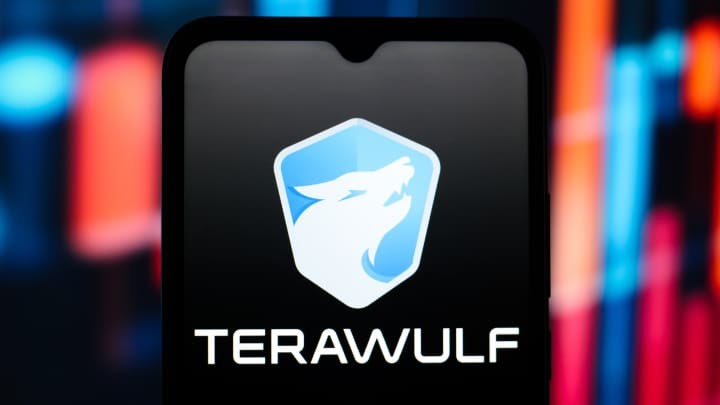In a landmark development bridging technology and digital finance, Google has become the largest shareholder in TeraWulf, a U.S.-based Bitcoin mining company known for its focus on sustainable energy operations. The move signals a deeper interest from major technology corporations in blockchain infrastructure and digital assets, particularly at a time when institutional adoption of Bitcoin continues to grow. With its stake in TeraWulf, Google is not only diversifying its investment strategy but also positioning itself at the forefront of a rapidly evolving sector where energy efficiency, regulatory compliance, and scalability are central to long-term profitability.
Google’s Strategic Investment in TeraWulf
The technology giant’s emergence as the top shareholder in TeraWulf underscores a strategic alignment with the future of digital infrastructure. While the exact financial details of the stake have not been disclosed publicly, market observers note that Google’s involvement could enhance TeraWulf’s access to capital, partnerships, and advanced technological expertise. This is particularly relevant as Bitcoin mining companies increasingly require sophisticated data-processing capabilities and energy-efficient solutions to remain competitive.
TeraWulf’s Sustainable Mining Model
TeraWulf has distinguished itself in the Bitcoin mining industry by emphasizing clean energy solutions. The company operates mining facilities powered largely by nuclear, hydro, and renewable sources, reducing its carbon footprint while addressing growing concerns about the environmental impact of cryptocurrency mining. Google’s entry as a major shareholder aligns with its own broader corporate goals of sustainability and green technology adoption, strengthening the narrative that Bitcoin mining can evolve into an environmentally responsible enterprise.
Implications for the Bitcoin Mining Industry
Google’s involvement represents a watershed moment for the sector. Traditionally, Bitcoin mining has been dominated by specialized companies and, in some cases, state-backed initiatives. The participation of a global technology leader not only validates the industry’s long-term potential but also intensifies competition. Analysts suggest that Google’s move may pave the way for more technology corporations to explore direct involvement in mining, rather than limiting their role to cloud services, artificial intelligence applications, or blockchain-based software solutions.
Market and Regulatory Considerations
The entry of a technology behemoth into mining could also influence regulatory dynamics. Policymakers worldwide are grappling with how to balance the innovation of digital assets with environmental and financial risks. Google’s reputation and lobbying power may help shape future regulatory frameworks in favor of sustainable mining practices. At the same time, institutional investors could view this partnership as a signal of confidence, potentially driving greater inflows of capital into both TeraWulf and the wider crypto-mining sector.
The Bigger Picture
This development highlights a broader convergence between big tech and decentralized finance. By taking a commanding position in TeraWulf, Google is not merely making an investment but is strategically embedding itself in a market that could become a cornerstone of the digital economy. The move positions Google at the nexus of clean energy, high-performance computing, and blockchain adoption—an intersection that may define the next wave of technological and financial innovation.
